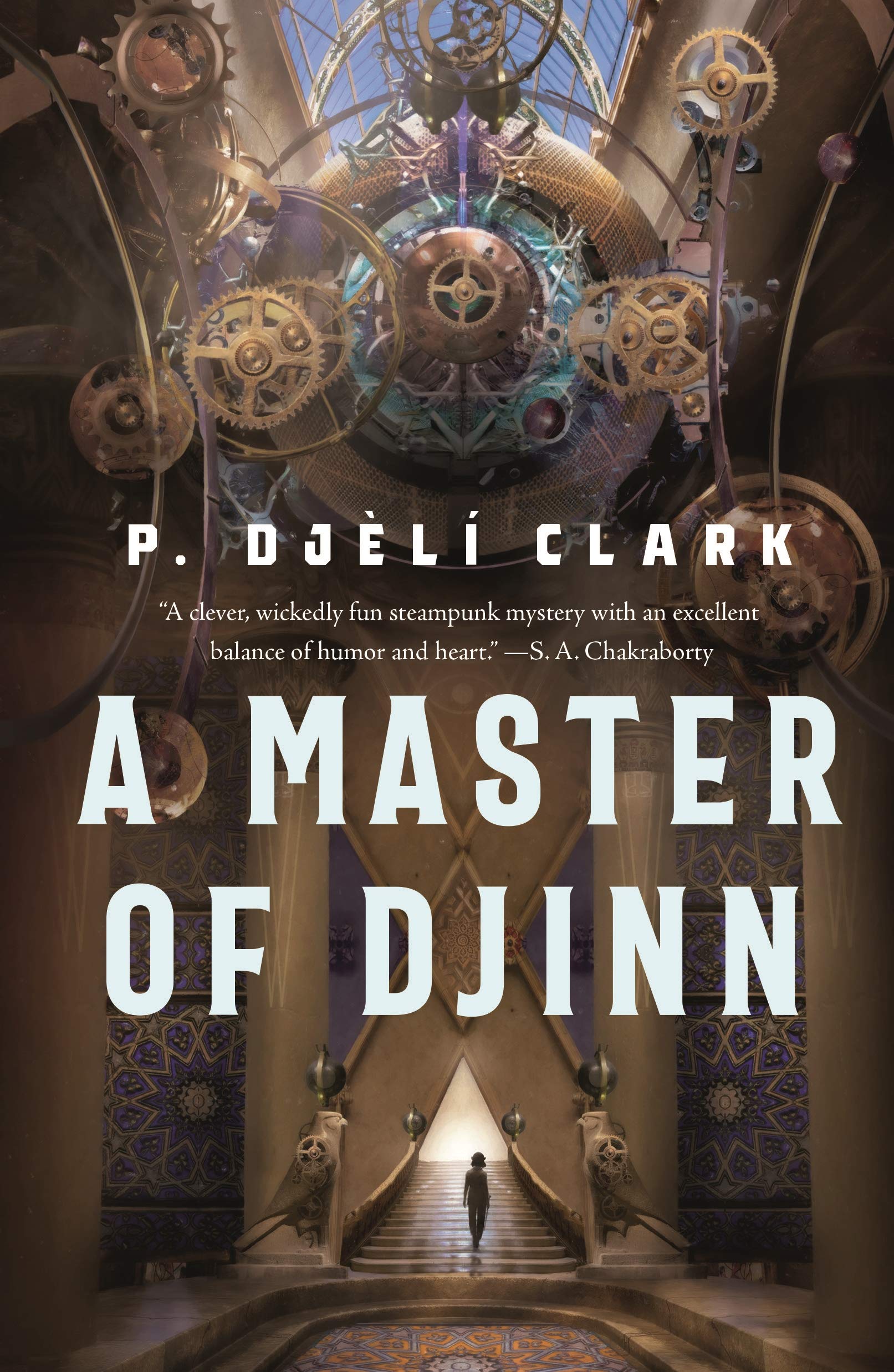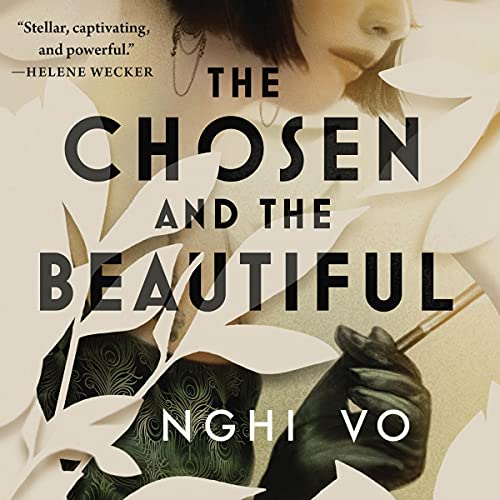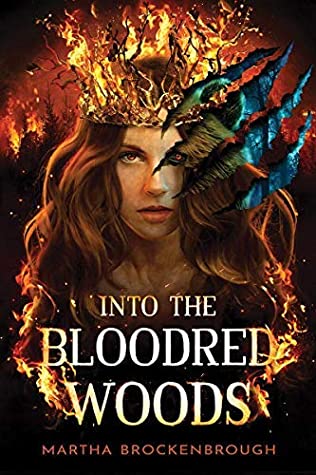Amazon Affiliate Link | Bookshop.org Affiliate Link Sometimes when I’m reading/watching something, I think: what if this dashing, cavalier, risk-taking, slightly messy hero was a lesbian? Have you considered doing this exact story, literally nothing changed, except that instead of a vaguely scruffy man, this hero was a vaguely scruffy lesbian? I’m not the onlyRead More
A Bisexual, Magical, Asian American Take on Gatsby: The Chosen and the Beautiful by Nghi Vo, Narrated by Natalie Naudus
Amazon Affiliate Link | Bookshop.org Affiliate Link In this retelling of The Great Gatsby, Jordan Baker narrates the story from the perspective of a queer, Asian woman adopted by a white couple. Although she runs in elite circles with Daisy and Tom, she is treated as an exotic pet, left on the outside even whenRead More
Til reviews Into the Bloodred Woods by Martha Brockenbrough
Amazon Affiliate Link | Bookshop.org Affiliate Link Trigger warnings: gore, torture, death, mutilation, sexual assault, child abuse, violence, harassment… and likely others I’m forgetting. This is a relentless work. Imagine a story that understood the true horror of the old fairy tales, the depths of yearning and human pain that crafted them, and the wonderRead More


